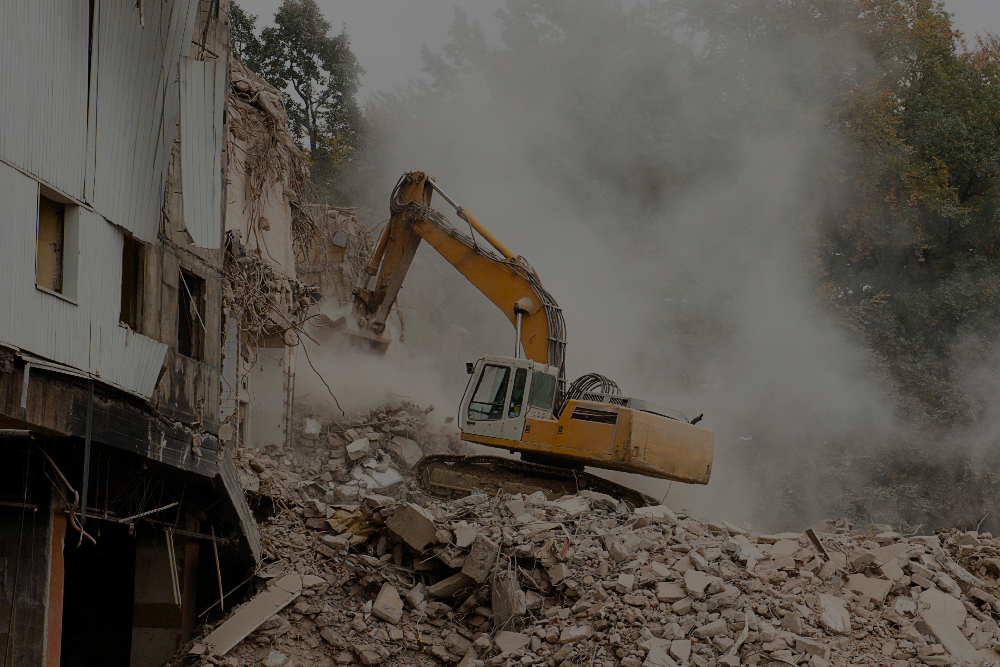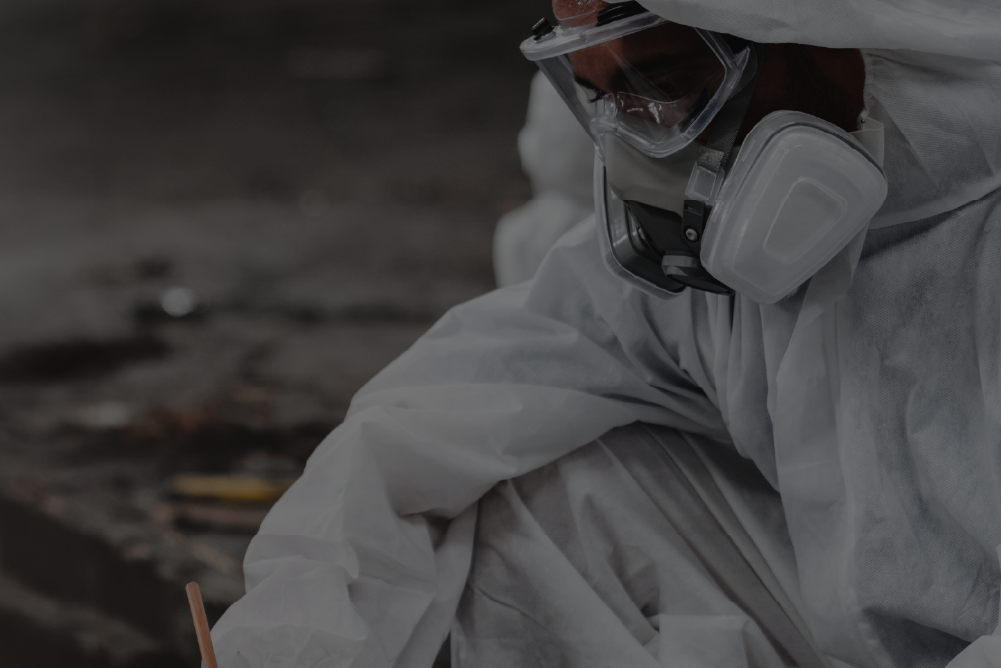A small community in Libby, Montana has been recognized by the U.S. Senate who passed a "Resolution" for the hundreds that have died from the rampant death and illness caused from asbestos related exposure at the W.R. Grace and Co. mine. The resolution highlights the need to call upon the surgeon general to "warn and educate people about the public health issue of asbestos exposure, which may be hazardous to their health."
The W.R. Grace & Co. mine operated from 1963 and then shut down in 1990 after large quantities of asbestos fibers were found in vermiculite. Vermiculite is a naturally occurring mineral that is mined from raw ore deposits in a method very similar to asbestos mining. During operation the mine employed up to 200 people and produced up to 200,000 tons of vermiculite a year, however, more than 3,000 people were affected from asbestos exposure who lived nearby.
The Libby tragedy was originally uncovered when the Seattle Post-Intelligencer wrote a series of articles about Libby in 1999, titled "Uncivil Action: A Town Left to Die." Following the release of the series, Libby received national attention to address the serious problem. A clean-up strategy began slowly identifying the sources of contamination as well as a thorough investigation of homes and businesses in the area. As of 2010, 1,460 businesses and residences have removed more than 900,000 cubic yards of contaminated material. The town has suffered from thousands of cases of asbestos and around 400 people have died from mesothelioma cancer to date. As for the town of Libby, even though the job is considered finished it will still remain contaminated for years.
The law firm of Galiher DeRobertis & Waxman honors the memory of the countless lives lost to asbestos disease. We are proud to represent clients with mesothelioma and their families. We fight hard to win compensation, justice, and accountability from the corporations that manufactured and sold this known carcinogen.






